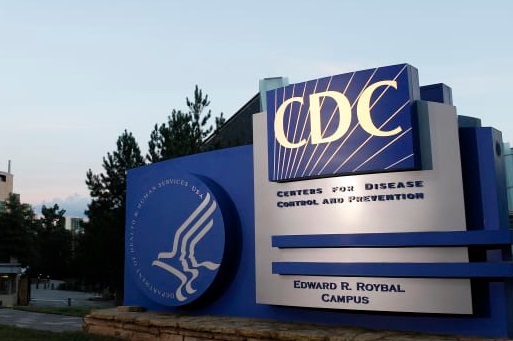Results from a survey conducted by the Centers for Disease Control (CDC) show that “symptoms of anxiety disorder and depressive disorder increased considerably in the United States during April–June of 2020 when compared with the same period in 2019.”
The authors indicate that the coronavirus disease 2019 (COVID-19) pandemic has been associated with mental health problems related to the morbidity and mortality caused by the disease and to mitigation activities, including the impact of physical distancing and stay-at-home orders.
The purpose of the survey was to assess mental health, substance use, and suicidal tendencies during the pandemic.
Specifically, answers to the survey show that “the prevalence of symptoms of anxiety disorder was approximately three times those reported in the second quarter of 2019 (25.5% versus 8.1%), and prevalence of depressive disorder was approximately four times that reported in the second quarter of 2019 (24.3% versus 6.5%)”.
Survey Findings
Overall, 40.9% of respondents reported at least one adverse mental or behavioral health condition. These conditions included symptoms of anxiety disorder or depressive disorder (30.9%), symptoms of a trauma- and stressor-related disorder (TSRD) related to the pandemic (26.3%), and having started or increased substance use to cope with stress or emotions related to COVID-19 (13.3%).
The survey indicated that suicidal tendencies was also elevated. Approximately twice as many respondents reported serious consideration of suicide in the previous 30 days than did adults in the United States in 2018, referring to the previous 12 months (10.7% versus 4.3%).
The percentage of respondents who reported having seriously considered suicide in the 30 days before completing the survey (10.7%) “was significantly higher among respondents aged 18–24 years (25.5%), minority racial/ethnic groups (Hispanic respondents [18.6%], non-Hispanic black [black] respondents [15.1%]), self-reported unpaid care-givers for adults (30.7%), and essential workers (21.7%).”
Approximately one quarter of respondents reported symptoms of a TSRD related to the pandemic, and approximately one in 10 reported that they started or increased substance use because of COVID-19.
The survey found that mental health conditions are affecting certain populations more than others. These populations include young adults, Hispanic persons, black persons, essential workers, unpaid caregivers for adults, and those receiving treatment for preexisting psychiatric conditions.
Unpaid caregivers for adults had a higher incidence of adverse mental and behavioral health conditions compared with others.
The authors indicate that future studies should be designed to identify specific drivers of the mental health challenges faced during the COVID-19 pandemic. The authors state factors that should be considered include “social isolation, absence of school structure, unemployment and other financial worries, and various forms of violence (e.g., physical,emotional, mental, or sexual abuse) serve as additional stressors.”
The authors recommend community-level intervention and prevention efforts that include economic supports to reduce financial strain, addressing stress from experienced racial discrimination, and supporting persons at risk for suicide.
The Survey
During June 24–30, 2020, a total of 5,412 (54.7%) of 9,896 eligible invited adults completed web-based surveys. The surveys were conducted among adults older than 18 who were living across the United States.
Respondents were given information about the study purposes and provided electronic consent before commencement, and investigators received anonymous responses.
The authors caution that given the methodological differences and potential unknown biases in the survey designs, results might not be directly comparable with data reported on anxiety and depression disorders in 2019.


Tell them to STOP watching CNN and MSNBC………… that will help a lot.